Japan Rail Pass Prices Set For Massive Increase: Details and Alternatives
Japan Railways Group announced that the cost of the Japan Rail Pass (JR Pass) will more than double starting from October 2023. This widely-used pass has been a cost-effective way for tourists to experience the extensive rail network in Japan.
With the upcoming price hike, travelers need to reconsider their options and evaluate whether the JR Pass continues to be a good deal.
💡Pro Tip: Purchase your JR Pass in advance BEFORE price increase.
Price Surge Affecting All Types of National JR Passes
The rates for all types of national JR Passes, including regular seats and first-class “Green Car” seats, will see an increase of up to 77%. The changes in prices are as follows:
- Regular 7-day pass: from ¥29,650 to ¥50,000 (69% rise)
- Regular 14-day pass: from ¥47,250 to ¥80,000 (69% rise)
- Regular 21-day pass: from ¥60,450 to ¥100,000 (65% rise)
- Green 7-day pass: from ¥39,600 to ¥70,000 (77% rise)
- Green 14-day pass: from ¥64,120 to ¥111,000 (73% rise)
- Green 21-day pass: from ¥83,390 to ¥140,000 (68% rise)
While JR Group has not specified the exact date for implementing this anticipated price change in October 2023, it has confirmed that there would no longer be any discount offered for purchasing passes outside Japan before one’s trip. However, children aged between 6 and 11 years will continue getting half-priced passes.
Factors Contributing to the Price Increase
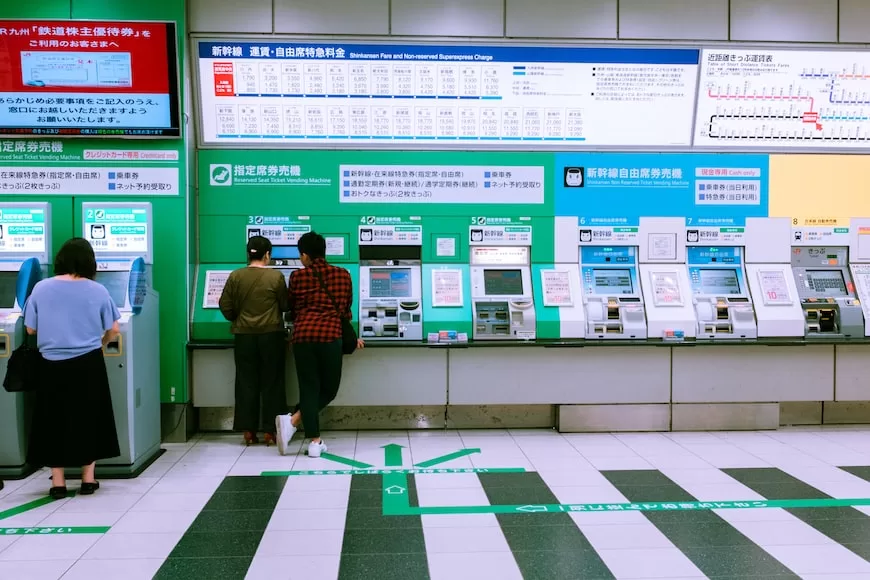
The reasons behind this major price change can be attributed to various factors such as inflation of energy costs, rising maintenance and operational expenses within the railway network, and changes in the value of the yen relative to other currencies. As the base price of the JR Pass has not changed substantially for decades, it seems that Japan Railways has finally deemed a price adjustment necessary to keep up with these developments.
Evaluating the Value of the Revised JR Pass
As travelers contemplate their options, they need to evaluate whether purchasing a JR Pass still holds good value. Prior to the price change announcement, it was recommended that anyone traveling for more than a simple Tokyo-Kyoto return should opt for the JR Pass to save money on multiple round trips. With the new prices coming into play, one would have to involve more travel distances, such as journeys between Tokyo-Kyoto-Hiroshima-Tokyo, for the pass to offer sufficient value.
One major advantage that should not be overlooked is the flexibility offered by the JR Pass. Travelers can make last-minute changes and go on spontaneous day trips, and trip planning does not become an issue.
Examples of Ticket Costs Without JR Pass and Comparing Value
To help you understand if the Japan Rail Pass is still worth the investment after the price increase, let’s take a look at some examples of train ticket costs for popular routes without using the pass. This way, you can have a better idea of how many rides or round trips would make the JR Pass worthwhile.

- Tokyo to Kyoto – A one-way ticket for a regular Shinkansen from Tokyo to Kyoto costs approximately ¥14,520. Going by this rate, without considering any promotions or discounts, it would cost ¥29,040 for a round trip.
- Tokyo to Hiroshima – A one-way ticket from Tokyo to Hiroshima on a regular Shinkansen comes in at around ¥19,080. A round trip on this route would set you back about ¥38,160.
- Osaka to Fukuoka – A one-way trip between Osaka and Fukuoka on the regular Shinkansen usually costs around ¥14,990. So, a round trip would cost ¥29,980.
Now let’s compare these costs to the price of the Japan Rail Pass:
- For a 7-day Regular Pass (¥50,000), you would need to make at least two long-distance round trips (e.g., Tokyo-Kyoto-Hiroshima) or multiple shorter trips to justify its cost.
- For a 14-day Regular Pass (¥80,000), you could cover more extensive explorations throughout Japan and save money if your planned trips sum up to over ¥80,000.
- For a 21-day Regular Pass (¥100,000), longer stays with numerous destinations across Japan will become more cost-effective compared to purchasing individual tickets.
While it might take more rides with the increased prices to achieve good value from the Japan Rail Pass compared to before, it remains a useful option for travelers looking for flexibility and planning on visiting multiple cities during their trip. If you’re only planning one or two round trips, it may be worth considering single tickets or regional passes instead.
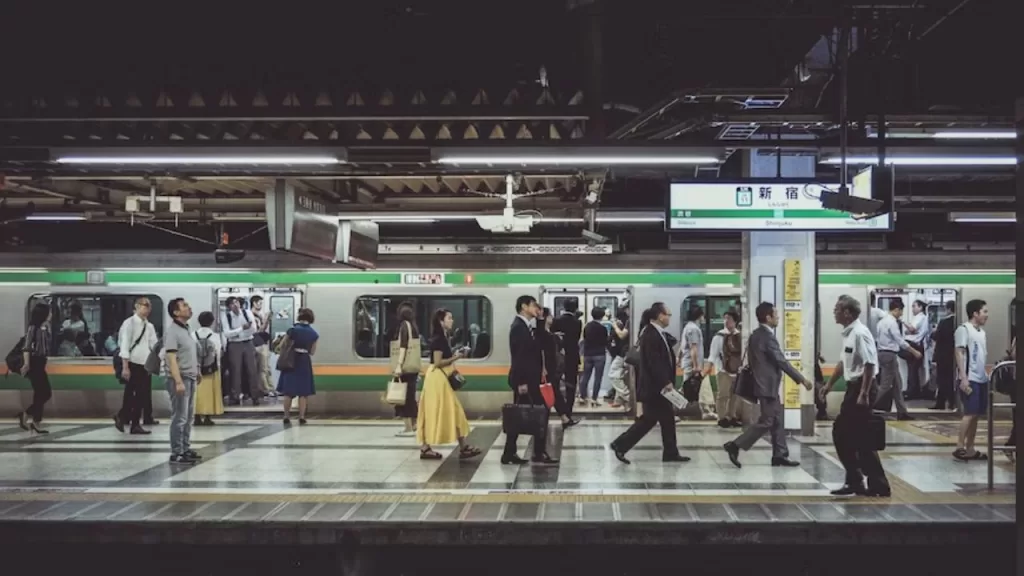
Alternative Options and Regional Rail Passes
With an expected 69% increase in the prices of national Japan Rail Passes, alternative regional rail passes and modes of transport are gaining momentum as cost-effective travel solutions. Regional rail passes like the Hokuriku Arch Pass, and the JR West All Area Pass could provide attractive alternatives to travelers exploring specific regions within Japan. Popular alternatives include:
- Kansai Wide Area Pass
- East Tohoku Area Pass
- All Kyushu Pass
These regional passes cover specific areas at a more affordable rate compared to the national version of the JR Pass.
JR Pass Alternatives: Kansai Wide Area Pass, East Tohoku Area Pass, All Kyushu Pass:
Kansai Wide Area Pass
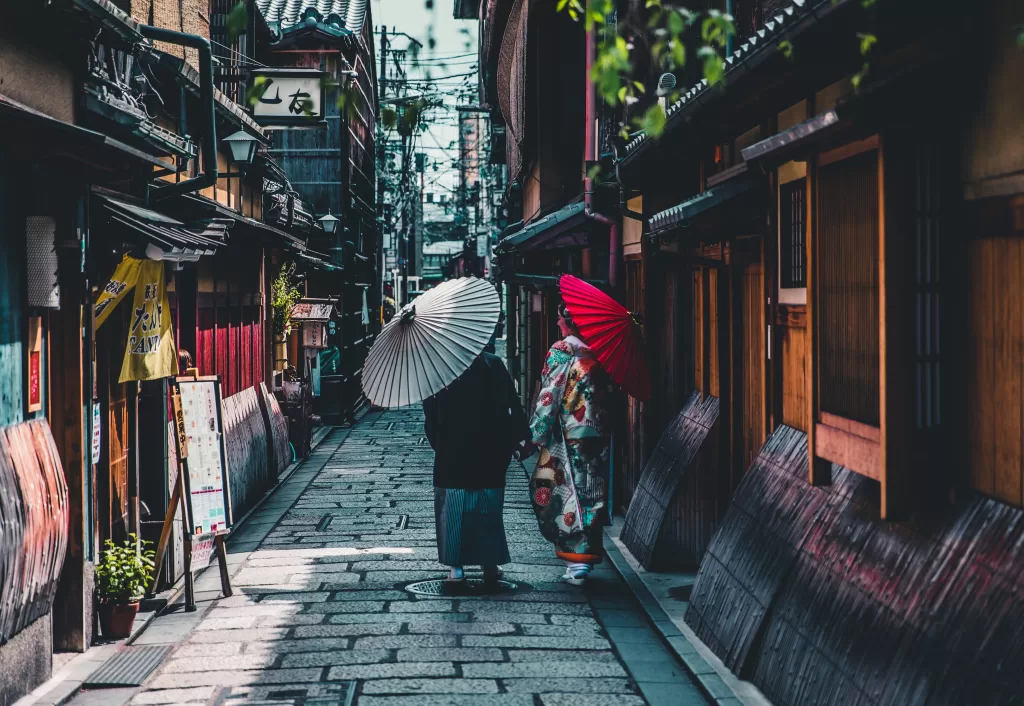
- Description: A rail pass for exclusive use by foreign tourists, providing five consecutive days of unlimited travel on designated train and bus lines (including shinkansen and limited express trains) in the Kansai Region, which includes cities like Osaka, Kyoto, Nara, Kobe, and Wakayama.
- Advantages: Unlimited travel on designated train and bus lines in the Kansai Region, including shinkansen and limited express trains.
- Pricing: 10,000 yen or approximately 75 USD.
East Tohoku Area Pass
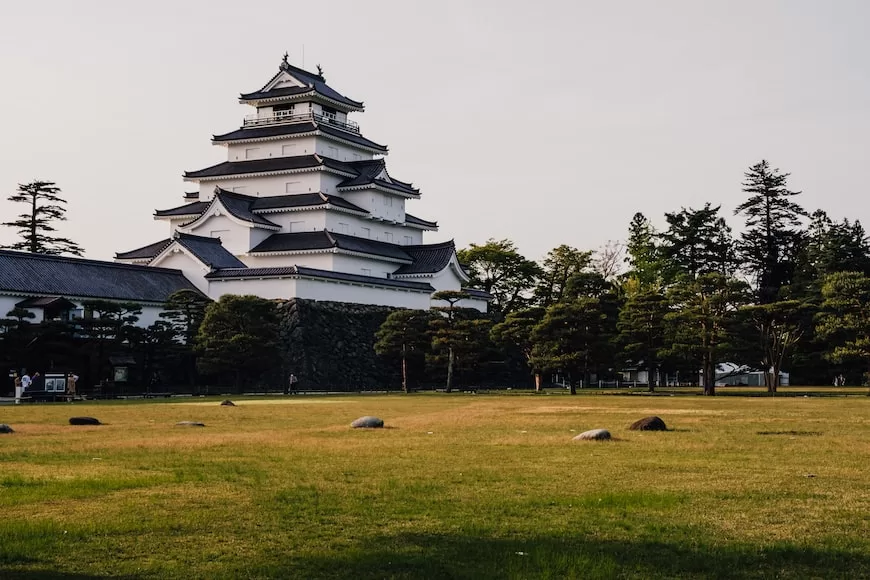
- Description: A rail pass for exclusive use by foreign tourists, providing flexible five-day travel on designated train and bus lines in the Tohoku region, which includes cities like Fukushima, Sendai, Akita, Aomori, Morioka, and Yamagata.
- Advantages: Flexible five-day travel on designated train and bus lines in the Tohoku region, including shinkansen and limited express trains.
- Pricing: 19,000 yen or approximately 140 USD.
All Kyushu Pass
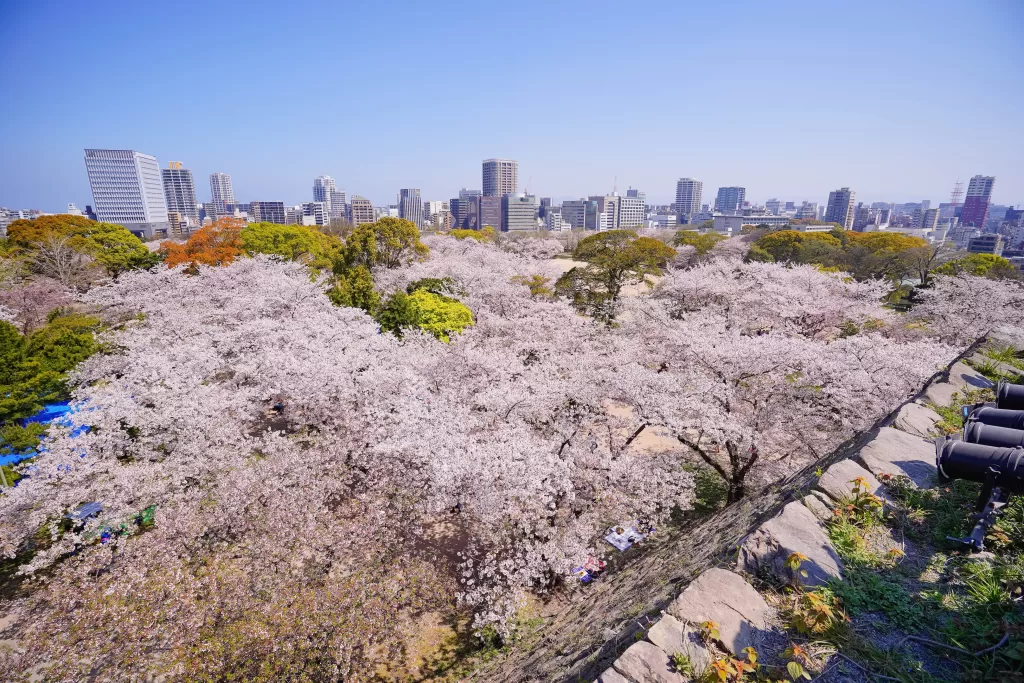
- Description: A rail pass for exclusive use by foreign tourists, providing three to seven consecutive days of unlimited travel on designated train and bus lines in the Kyushu region, which includes cities like Fukuoka, Kitakyushu, Nagasaki, Kumamoto, and Kagoshima.
- Advantages: Unlimited travel on designated train and bus lines in the Kyushu region, including shinkansen and limited express trains.
- Pricing: 15,500 yen for three days or approximately 115 USD, 17,000 yen for four days or approximately 125 USD, and 18,500 yen for five to seven days or approximately 137 USD.
Considering that Japan Railways has confirmed various added benefits accompanying this increase in cost (such as access to Nozomi and Mizuho trains along with supplemental fees), it remains essential for travelers to evaluate what works best according to their travel itinerary. The upcoming price change in October 2023 necessitates more research and well-informed decisions for tourists planning their trips to Japan.
💡Pro Tip: Purchase your JR Pass in advance BEFORE price increase.
JR Pass FAQs
What is the Japan Rail Pass?
The Japan Rail Pass is a special ticket that allows unlimited travel on JR trains, buses, and ferries within Japan for a fixed period of time.
How long is the Japan Rail Pass valid after I buy it?
The Japan Rail Pass is valid for three months after the date of purchase, so you can buy it well in advance of your trip to Japan.
How long is the Japan Rail Pass valid after I start using it?
The validity period of the Japan Rail Pass starts on the day you exchange it for a physical pass at a JR office in Japan and lasts for either 7, 14, or 21 consecutive days depending on which pass you have purchased.
Can I get a refund if I don’t use my Japan Rail Pass?
Yes, you can get a refund for your Japan Rail Pass as long as you have not yet exchanged it for a physical pass. There is a handling fee of 10% of the cost of the pass, and the refund must be requested within one year of the date of purchase.
Is there a children’s price for the Japan Rail Pass?
Yes, there is a children’s price for the Japan Rail Pass. Children aged 6-11 can get a discounted pass, and children under six can travel for free as long as they do not occupy a seat.
Can I use the Japan Rail Pass on local JR buses and ferries?
Yes, the Japan Rail Pass can be used on local JR buses and ferries. However, it cannot be used on travel operated by other companies.
Can I use the Japan Rail Pass in Osaka?
Yes, the Japan Rail Pass can be used in Osaka. The city has an extensive JR Network, including the JR Osaka Loop Line, JR Yumisaki Line, JR Kansai Line, and many others.
Are there any further discounts available with the Japan Rail Pass?
No, the Japan Rail Pass is already a heavily discounted rail ticket compared to normal rail tickets, so no further discounts are given (such as senior, student, etc.).
What trains can I use the Japan Rail Pass on?
The Japan Rail Pass can be used on most JR trains, including Shinkansen (bullet trains) and limited express trains. However, there are some exceptions, so it’s important to check the validity of each train before you travel.
Can I use the Japan Rail Pass if I enter Japan with a non-Japanese passport?
Yes, once you enter Japan, you are eligible to use the Japan Rail Pass.